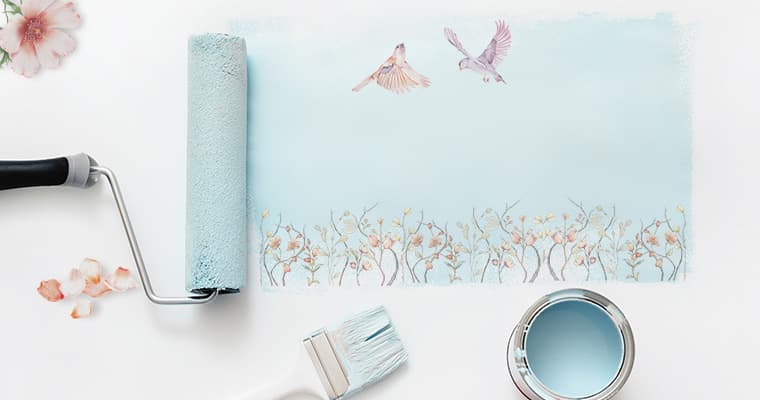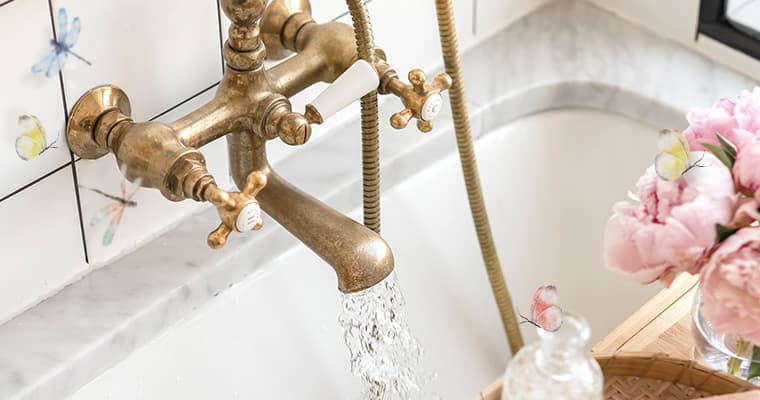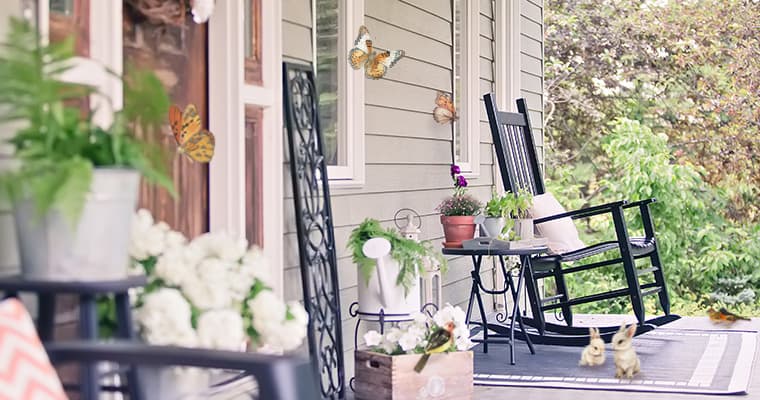Tips for Simplifying Your Life
You can simplify your life by making a few easy changes to your day to day living.
Living simply means making time for yourself in a hectic world. You clear out what is superfluous and make room for a life of passion, depth, and joy. People are becoming more and more stressed out from the pace of modern day living and increasingly concerned about the price of our over-consumption of the planet’s resources.

Pursuing a Life of Simplicity
Simplicity as a life-style is the identifiable difference between needs and wants, and the awareness of the cost in terms of our life force energy and our willingness to pay the price. It means identifying the difference between our needs and our wants. Needs are those things that are necessary for our survival – food, clothing, and shelter. Wants are all the other things we desire and to a large extent are driven by media advertising.
It has been said that life is more than long enough, as long as you’re not wasting time. Don’t waste time by complicating your life more than it needs to be.
Create a simpler life with these easy techniques:
Know your priorities.
What do you want to accomplish with your life? Who and what are most important to you? What are your goals? If you understand your priorities, it’s easier to simplify your life, because you know what matters and what doesn’t.
This includes identifying your daily priorities each day. Life is simpler when you know exactly what you want to get done each day. Make a list each evening for the next day and try to stick to it.
Meditate on a Bible verse every day
One of the great benefits of meditation is the clarity it provides. The things, activities, and people in your life that matter will become more apparent. Everything else is just habit and noise.
Start at home.
Go from room to room and consider everything. What do you not use? What do you not need? If you don’t use, need, or love it, strongly think about getting rid of it.
Track your activity for one weekday and one weekend day.
Record how you spend your time each hour. For example, at 9:00 am you might write: 8:00-9:00: 15 minutes answering email. 15 minutes surfing the internet. 30 minutes driving to work.
Do that for the whole day and tabulate how you spent your time. You’ll likely see a few activities that are taking up your time without providing much value to your life. Be ruthless in controlling these time-wasters.
Assess your commitments
Compare your regular activities and commitments to your list of priorities and goals. If a commitment doesn’t help you accomplish what’s most important to you, consider quitting.
Create routines
Routines are just a series of habits. You can have a routine for cleaning the kitchen or completing a report at work. Routines simplify the amount of thinking you have to do. You can include a morning and evening routine for yourself, a yard work routine, an after-school routine for children, or an exercise routine. Using planners will help significantly to keep to your routines.
Don’t be afraid to say “no.”
Before adding new commitments to your life, remember to review your priorities and goals. Be willing to decline any offers that complicate your life unnecessarily. Be brave and tell a few people “no.” It will do wonders for your self-esteem and support simplifying your life.
There is an ideal amount for everything in your life, and the number that you need can vary dramatically from someone else.
What is the perfect amount of everything in your life?
What is the main focus in your life?
When you know the purpose of your life, it’s a lot easier to determine what you need and don’t need.
An artist might work better out in the country in a simple home but the owner of a huge company might need a large home in an urban setting for entertaining.
What do you actually need and what do you want?
There are way fewer things you actually need than things you want. It is about having all the things you need but putting the brakes on accumulating a lot of things you simply want.
How does it cost you to have more?
Having more than you need is expensive in that items and obligations either help you to live your life more fully, or they detract from your ability to live your life at the highest level.
Consider your time valuable. Carrying excess baggage slows you down. Clutter limits your ability to concentrate and is weighing on your mind.
You can accomplish more.
Most of the things you desire get in the way of accomplishing your goals. For example, if your purpose is to create a software company, owning a race horse doesn’t help you to accomplish that. It gets in your way by taking your time, attention, and financial resources.
When you’re less distracted and have fewer things cluttering your life, you can accomplish more each day. Success comes faster and easier.
What is the perfect amount?
A reasonable view is pursuing the perfect amount of something. It’s not about making do with the minimum you can tolerate but avoiding having more than you need. The end result is more time, peace, money, and success.
It means that we are content and grateful, as we should be, with ourselves and what we have. To be anxious for more or to envy someone else’s life or possessions is self-defeating. We are then in a constant state of frustration, always hoping and waiting for more happiness.
There is much to appreciate in the here and now. There is life itself with friends, family, and everything that is naturally before us. We just have to look around and appreciate it. Perhaps it is time to make a list of all the good things we have to be grateful for.
Although you’ll never need to give up all your worldly belongings, keep renewing your space; expect something new and wonderful to show up to replace the old, even if it’s just more space instead of clutter.
So, what is important? To have enough, not more.
Practical steps to simplifying your life
Reuse paper bags, envelopes, newspapers, etc. Newspapers and shredded paper make excellent mulch in the garden. The mulch will break down over a period of time and add humus to the soil.
Grow your own food or buy as much as possible from local growers.
Use non-toxic products such as borax, vinegar, baking soda, lemon, and salt in your home, yard, and garden.
Before you buy something, write the item down on a note and if you still want it after a month, purchase it then.
Create the habit of using a planner.
Go Organic. Organic gardening is not only about the avoidance of chemicals, but in the larger picture, it is organic living using Nature’s laws.
Give yourself the gift of freedom and simplify your life. Once you’ve completed the process, repeat it again every few months. The first round will produce a lot of benefits, but you can simplify your life even further as you learn which routines fit the best in your lifestyle.



